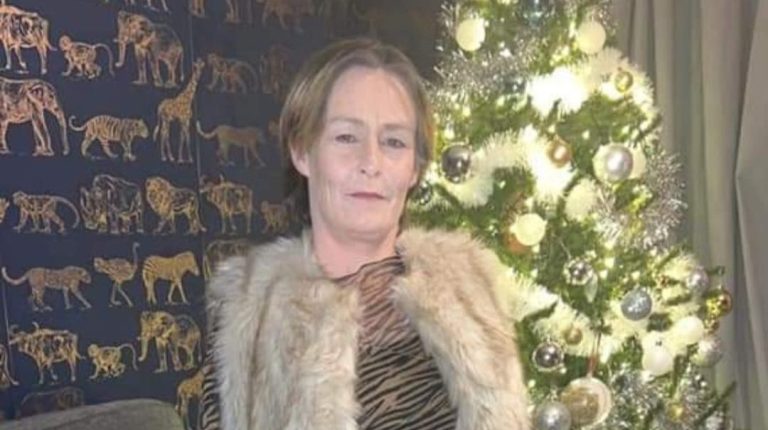“There was no justification for it whatsoever,” Cater claimed, arguing that her assessor seemed unable to understand she could not carry out basic tasks.
Big Issue has heard from other disabled and ill people who have faced similar “inaccuracies” in assessment reports, while former assessors have admitted disability benefits assessments are designed to “catch people out” and “set them up to fail”.
The vast majority of disability benefits decisions (around 70%) are overturned when the claimant takes their appeal to tribunal, suggesting mistakes were made in the assessment.
Days after losing her PIP, Cater also was also told she would no longer receive financial support to help her pay her council tax.
“The income I had was cut in three days, just before Christmas,” she said. “After receiving all these letters, I had a second stroke, which caused further damage.”
A spokesperson for the DWP told Big Issue that “millions of people are supported by PIP every year” and claimed its “top priority is that they receive a supportive service and get the benefits they are entitled to swiftly”.
“We are learning from appeals and working closely with our assessment providers to improve our processes and decision making,” the spokesperson added.
However, recent DWP analysis has found that the claims process for disability benefits is “impacting claimants’ health in a negative way” and “in some cases, had triggered periods of ill health”.
Meanwhile, the government is on a mission to drive more people with long-term health conditions into work – to tackle “worklessness” and boost the economy.
A record 2.8 million people out of work due to long-term sickness in the UK, and this is expected to rise. The Office for Budget Responsibility (OBR) predicts that the bill for sickness benefits will soar by £30bn in the next five years.
The Conservatives had planned to tighten disability benefits as a result, such as restricting the health element of universal credit. By 2028/ 2029, more than 400,000 ill and disabled people could miss out on support worth around £400 each year.
It also wanted to tighten the eligibility criteria for PIP and potentially replace regular payments with one-off grants or vouchers. Labour has said it will take its “own approach to social security” but is yet to confirm what this looks like.
Around 16,000 people responded to a consultation on the PIP proposals. Stephen Timms, the minister for social security and disability at the DWP, confirmed that “responses to the set of proposals on the reform of PIP was mixed and for some proposals consistently negative”.
Charities have repeatedly stressed that a “punitive” approach to benefits can damage people’s health and push people further away from work, and this is exemplified in cases such as Cater’s.
Ayla Ozmen, director of policy and campaigns at anti-poverty charity Z2K, said: “If the government really wants to get more people into work, it needs to reform the punitive and stressful assessment process.”
Cater sought the help of a benefits advisor at Citizens Advice. She put through an initial appeal for PIP, known as a mandatory reconsideration, which was rejected.
It then went to tribunal, where the rejection was overturned and she was awarded the full rate of PIP, but by that point it had been nine months since she had lost her benefits.
“During those nine months, I was left on what was left of my savings, and I was rapidly dwindling down. I fed my cat. I paid my mortgage and my bills, but I starved myself during that time. I went down to five and a half stone. I lost three stone in weight.
“My family and friends looked at me like I was a skeleton. I looked bloody awful.”
Cater’s PIP has been extended until September of next year, but she is concerned about what the potential changes to disability benefits could mean for her. She is constantly afraid of losing her benefits again and the toll that might take on her health.
“I’ve been really quite stressed and frightened,” she said. “I really hope the Labour government is going to listen.”
Big Issue is demanding an end to extreme poverty. Will you ask your MP to join us?
Do you have a story to tell or opinions to share about this? Get in touch and tell us more. Big Issue exists to give homeless and marginalised people the opportunity to earn an income. To support our work buy a copy of the magazine or get the app from the App Store or Google Play.









